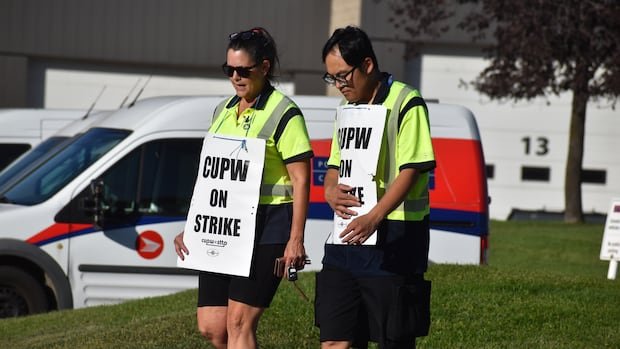The Canadian Union of Postal Workers (CUPW) has initiated a nationwide strike following the announcement of significant reforms to Canada Post by the federal government. Expressing strong discontent, CUPW declared that all its members at Canada Post are on strike immediately in response to the government’s actions.
The reforms outlined by Joël Lightbound, the minister in charge of Canada Post, include allowing Canada Post to discontinue home delivery, affecting approximately four million addresses still receiving this service. Additionally, Canada Post will modify its mail delivery methods to prioritize ground transport over air for non-urgent mail, saving an estimated $20 million annually.
As part of the modernization plan, the government plans to lift the 1994 moratorium on closing rural post offices, encompassing nearly 4,000 locations that have transitioned from rural to urban post offices over time. The objective behind these changes is to address the financial challenges facing Canada Post, projected to incur a $1.5 billion loss in 2025.
CUPW has voiced opposition to the proposed reforms, arguing that they will have adverse effects on the public and postal workers. The union contests the necessity of these changes to improve Canada Post’s financial situation and attributes part of the financial strain to the ongoing labor dispute.
Despite the government’s offer of a 13% pay increase, CUPW remains steadfast in its demand for a 19% raise and emphasizes the importance of a sustainable agreement to stabilize Canada Post. The union expressed disappointment in Canada Post’s decision to escalate the strike, leading to the shutdown of most postal operations.
Postal workers have highlighted the essential community role they play beyond mail delivery, with concerns raised about the impact of the reforms on residents along their routes. Amidst these developments, discussions have arisen about the potential for Canada Post to leverage its existing network for additional services, particularly in light of the aging population in the country.

